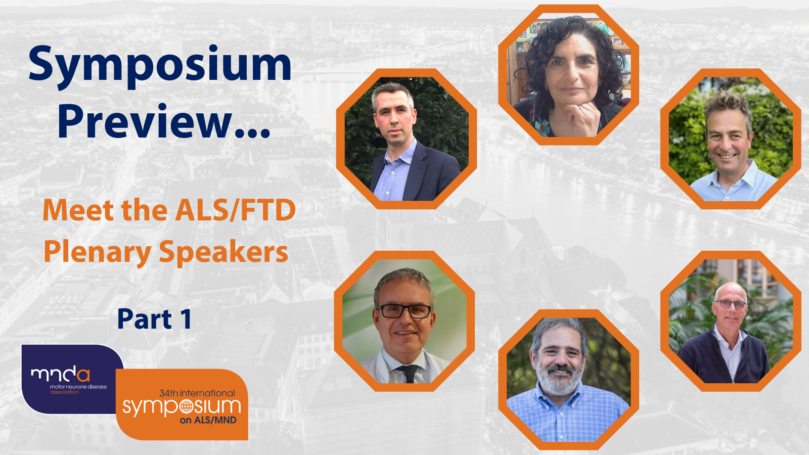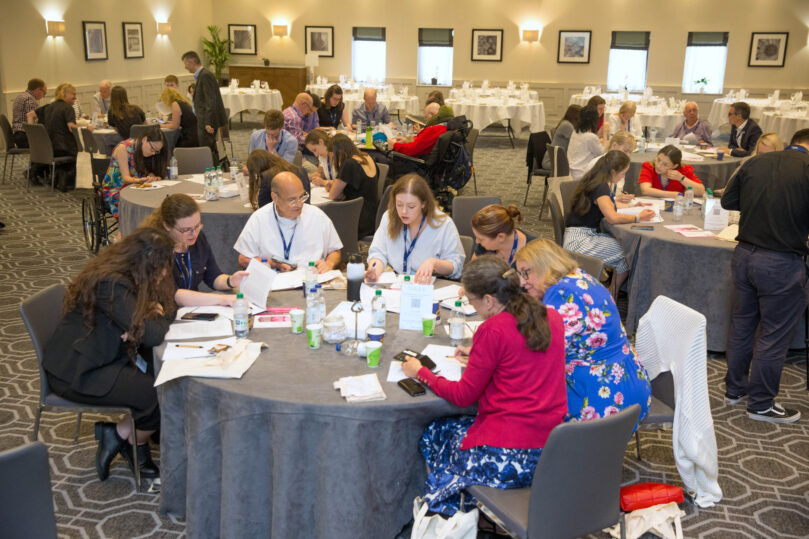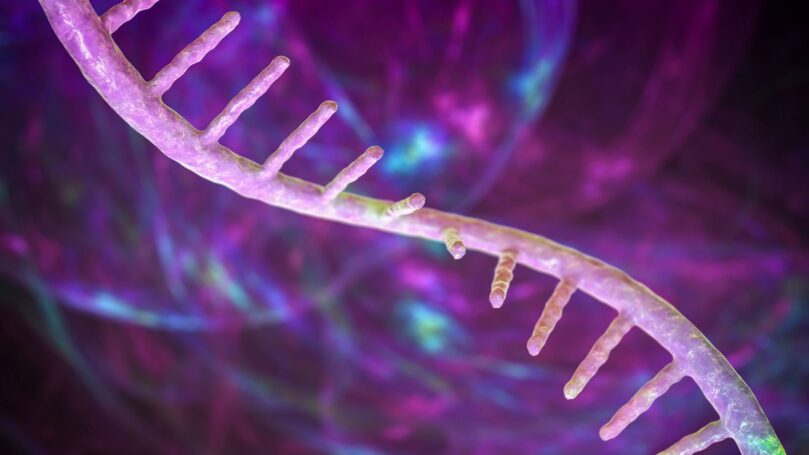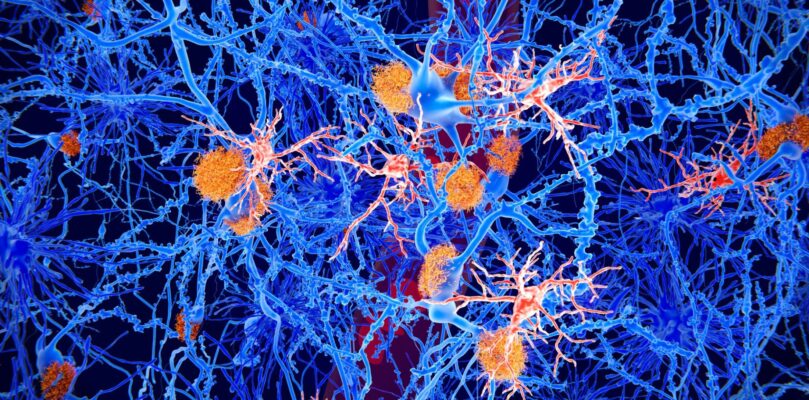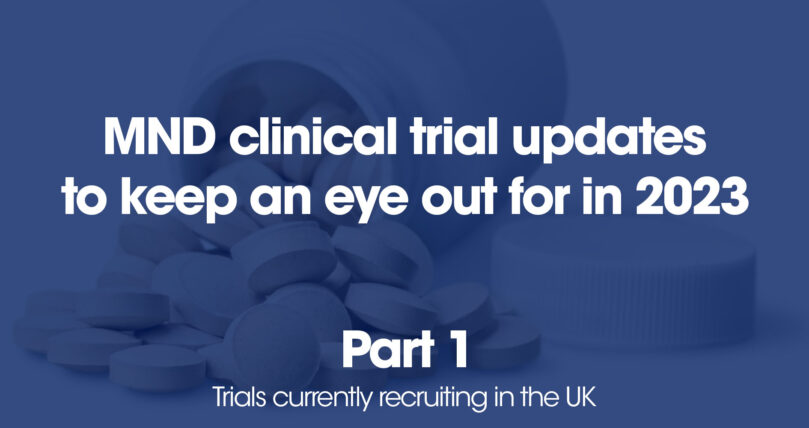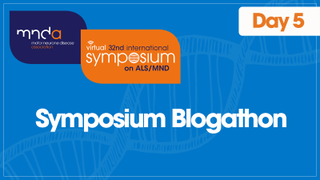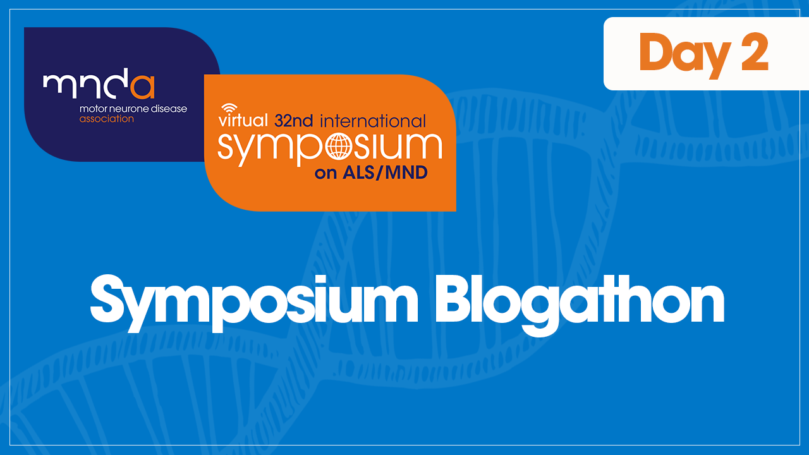Reading Time: 5 minutes Every year, the team works hard to build on the previous year’s success. This year we are excited to include a series of three ALS-FTD joint sessions, in collaboration with the International Society for Frontotemporal Dementias, in the programme.
Some people with ALS, the most common form of MND, also develop a form of dementia known as frontotemporal dementia (FTD). FTD is a group of disorders where the nerve cells in two sets of lobes (frontal and temporal) in the brain are damaged. In a similar way to how motor neurones break down in MND and cause loss of function in muscles, the damage to the nerve cells in FTD causes the connections between parts of the brain to break down. As more cells become damaged and die this can lead to symptoms such as problems with memory, thinking or language, changes in mood, emotions and behaviour.


